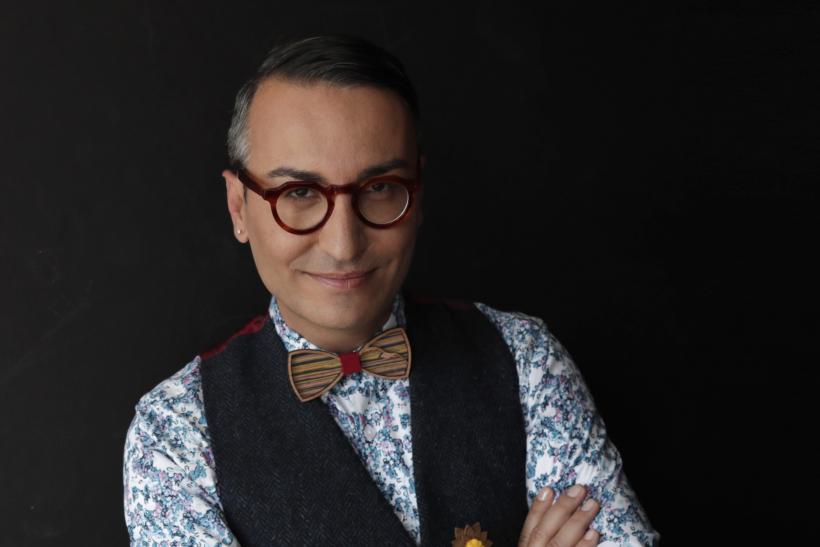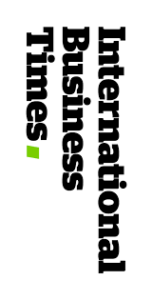
Every company needs to meet, attract, and maintain and grow the numerous communities they represent. This is important because it will help them have a greater relationship with customers, create a stronger reputation, and encourage them to develop innovative solutions.
In an attempt to offer benefit coverage to all employees equally, organizations globally have reconsidered the content of their health and wealth benefits programs to ensure that LGBT couples are entitled to the same corporate benefits as LGBT couples.
In many cases, this includes modifying programs to recognize same-sex couples in places where civil unions are not allowed. The majority of companies worldwide (81%) offer the same life, health and retirement insurance benefits to LGBT couples.
“Organizations have begun to understand their ability to influence markets to protect LGTB employees, providing equitable and inclusive benefits. In a climate where there is a shortage of key talent and public scrutiny of corporate behavior is increasing, organizations cannot ignore their global LGBT policy and how it is consistently articulated in practice across borders,” shares Elton ILIRJANI, the CEO of The HeadHunter Group and Founder of Dignity Global Foundation.
Companies should create these policies to improve the organizational environment, increase employee productivity, and reduce staff turnover. However, the greatest reason why must LGBTQ+ representation be essential is that it is the right thing to do because the society is not homogeneous, it is heterogeneous, and it is the social obligation of companies to be representative of society.
However, certain companies do employ a cohesive and liberal culture where it seeks to maintain the level of respect for diverse communities, but problems occur when individuals and employees of companies do not comply with these policies.
Therefore, the marginalized groups may face stigmas due to sexual orientation and gender identity that translates into a bad work environment. This harms the worker in their performance and erodes their work skills, leading to work overload and can even lead to mental health problems.
In Conversation with Elton
What can a company do to ensure that sexual diversity is respected?
“It can generate training and awareness days for leaders, delegates and negotiating commissions that allow them to assume that not all people are heterosexual, incorporating affective-sexual and gender diversity from the natural, without prejudice. You can also incorporate the perspective of sexual diversity in collective bargaining.”
What to do to guarantee equality in the company?
“Create protocols to prevent and act against cases of discrimination based on sexual orientation and gender identity. Have information on hand about the positive aspects generated, such as institutional prestige and better productivity, by respecting the principles of non-discrimination. Prepare from the areas of human resources guidance materials for good practices that guarantee equal treatment.”
There are several organizations where Elton has advocated equal rights for women and men, particularly in the process of hiring. He was defined as having created the first “Employment Equality Index LGBTI+” in 2016, advocating for the support of both the private and public sector to fair treatment, representation.
Besides becoming an activist, Elton has also been a role model for trans people in “Lip Movement” and “Nobody is Straight” to promote societal acceptance, respect, and respect for transgender individuals. He has been consistently and consistently a champion for oppressed and discriminated against in all categories, regardless of age, ethnicity, sex, religion, gender, or sexual orientation. He has also worked as a full-time Professional Executive Search Recruiter for high-ranking roles.
He further maintains that having these policies generates attachment and increased productivity of employees, as well as attraction and retention of talent, and externally, the company improves its marketing by making messages inclusive.
Source: La Weekly


